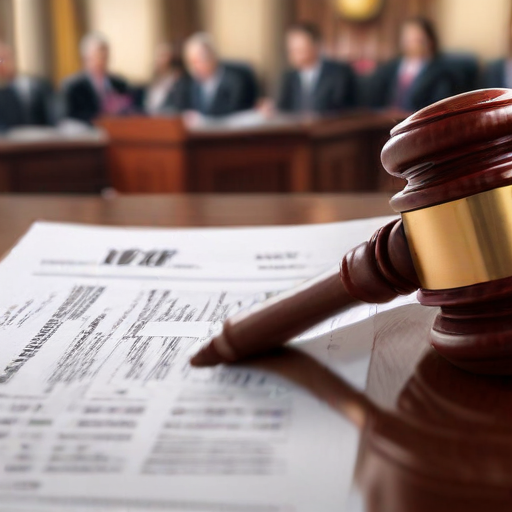A recent hearing of a bipartisan task force examining the assassination attempts against President-elect Donald Trump turned contentious as a disagreement arose between Republican Rep. Pat Fallon and acting Secret Service Director Ronald Rowe. The dispute erupted when Fallon accused Rowe of “playing politics” at a 9/11 memorial event attended by prominent leaders, including Trump, President Biden, Vice President Kamala Harris, and Vice President-elect JD Vance.
The friction escalated as Fallon showcased a photo from the September memorial in New York City, where Rowe was positioned directly behind Harris. Fallon pressed Rowe about security protocol during such events, questioning whether the acting director was serving as the special agent in charge of security. Rowe did not respond definitively, stating that the special agent was out of frame. He emphasized his attendance was a tribute to the Secret Service agents who lost their lives on September 11, 2001.
Fallon retorted, dismissing Rowe’s explanation and asserting that he was being bullied. Rowe struck back, urging Fallon not to politicize 9/11. The exchange highlighted the tensions surrounding protective measures and the performance of the Secret Service, especially following a shooting incident at a Trump rally that resulted in injuries and a death.
Rowe, who took over as acting director after Kimberly Cheatle’s resignation, acknowledged significant security lapses that allowed the shooter, Thomas Matthew Crooks, access to a vantage point during the rally. He accepted responsibility for the failures and recognized the need for the Secret Service to meet the expectations of both the public and Congress.
The incident underscores the high-stakes environment surrounding political safety and security, particularly as Trump prepares to assume office later this month. It reflects ongoing debates regarding the effectiveness of protective measures and the scrutiny facing officials in charge of ensuring safety during public events.
This hearing serves as a reminder of the challenges public servants face when navigating complex political landscapes while maintaining security protocols. Although the exchanges were heated, they also highlight the critical importance of accountability and transparency in government roles, particularly in agencies tasked with safeguarding leaders in the line of public service.
Overall, the dialogue, albeit fraught with tension, opens up avenues for discussing necessary reforms that can enhance security protocols for public events, ensuring a safer environment for political leaders and attendees alike.
